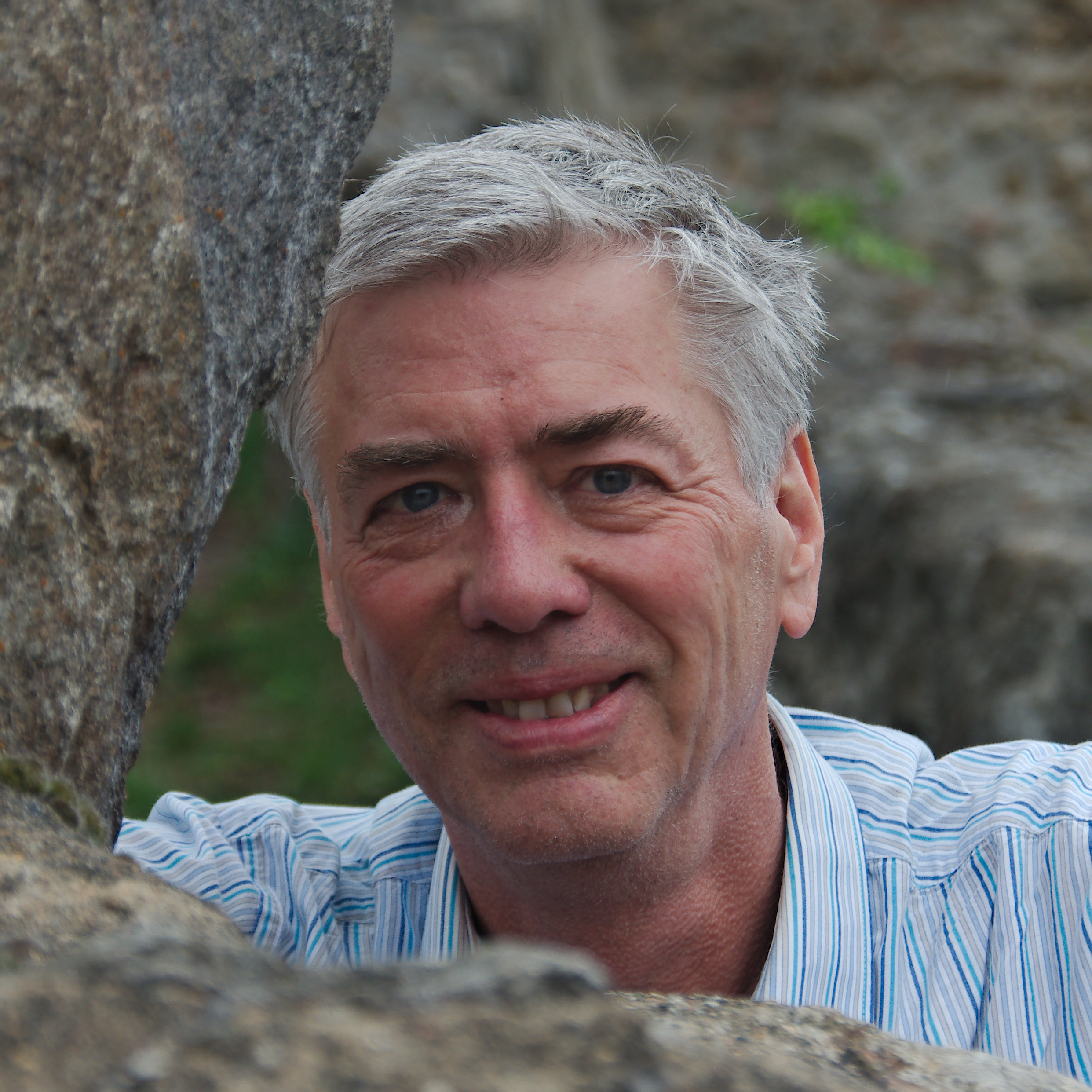Interpret Europe’s subject coordinators are responsible for specific fields of interest that play an important role in the development of heritage interpretation in Europe. At present there is one subject coordinator leading his own team:
- Cultural Heritage Coordinator: Patrick Lehnes (Germany)
- Natural Heritage Coordinator: Vacant Position
- Tourism Coordinator: Vacant Position

Patrick Lehnes (Germany)
Cultural Heritage Coordinator
Cultural heritage is a manifestation of past people’s constantly evolving values, beliefs, knowledge and traditions. Its interpretations shape contemporary views of the past and present and conceptions of the future. In light of current challenges, our team explores how enhanced interpretation can contribute to make our societies more sustainable, resilient and ‘united in diversity’.
During and after my studies of geography and biology at Freiburg University I focused on environmental planning and evaluation methods in Environmental Impact Analysis. But then in 1996, while on vacation in Wales, I had my first encounter with ‘heritage interpretation’. This changed my life.
At that time, hardly anybody in Germany had ever heard of the interpretive approach. But we found EU funding for pilot projects at Freiburg university on heritage interpretation aiming to enhance sustainable hiking tourism and subsequently for transnational research and development projects on quality criteria for interpretive services.
In 2002 I founded a spin-off on the university campus offering services from interpretive master planning to implementation as well as training and mentoring. At that time, I took part in NAI’s training in interpretive planning and as a trainer for interpretive guides (CIT) and interpretive hosts (CIH). Besides projects ‘at home’, I found it exciting to collaborate with project teams in different cultural contexts between the Mediterranean and Poland, Scotland and the South Caucasus.
These experiences motivated me, my wife and international colleagues to establish Interpret Europe as a formal association and to serve as its director during its first five years. Questions related to interpretation of sensitive and controversial heritage roused my research interest in the philosophies that underlie heritage interpretation practice. This involves critically reflecting upon our role and responsibility as interpretation experts within plural democracies.
